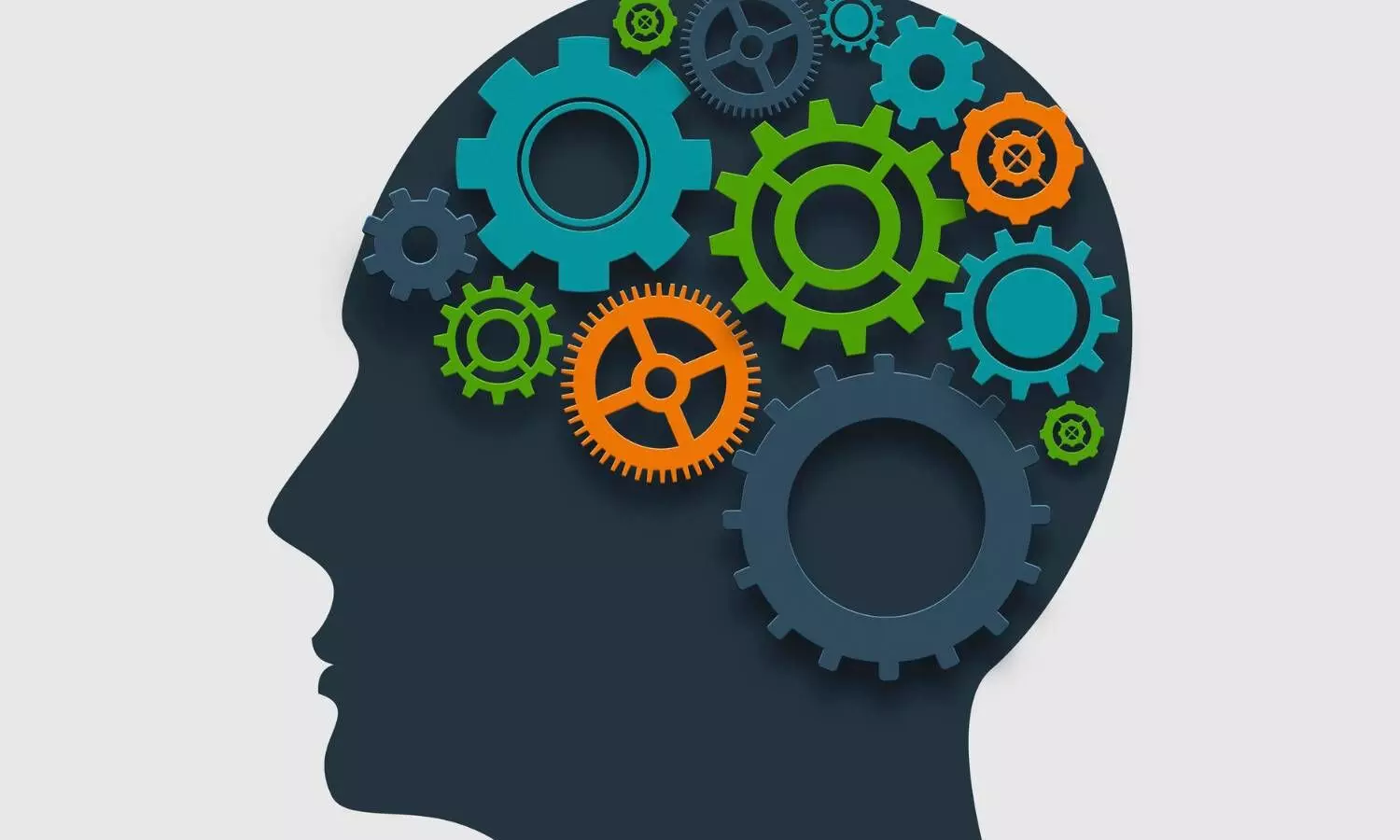IASIS microcurrent neurofeedback may reduce symptoms of mental health disorder

A recent study explores the efficacy of microcurrent neurofeedback in alleviating symptoms of depression, anxiety and post-traumatic stress disorder (PTSD). The findings were published in the Journal of the American Association of Nurse Practitioners.
20 adult participants underwent sessions of IASIS microcurrent neurofeedback (I-MCN), an updated cutting-edge neurotechnology, over a span of 10 weeks. The results were gathered through meticulous assessments at baseline, 5 weeks and 10 weeks that showed significant improvements in depression, anxiety, PTSD risk and overall quality of life.
The simplicity and effectiveness of the intervention offer a glimmer of hope for individuals burdened by treatment-resistant conditions. Unlike traditional therapies, which often carry cumbersome challenges and varying degrees of efficacy, this innovative approach demonstrates promising results in a relatively short timeframe. This study marks a significant milestone in mental health treatment after the observation of tangible improvements in the well-being of participants that suggests microcurrent neurofeedback to be a potential therapy for these debilitating conditions.
The implications of these findings extend far beyond the spaces of the research laboratory. Advanced practice nurses and healthcare professionals now have an evidence-based tool at their disposal to reduce the suffering of patients who are battling mental health disorders. Further incorporation of microcurrent neurofeedback into the clinical practice can potentially offer better quality of life to the individuals in desperate need of relief.
However, while the outcomes are promising, the study team caution that further investigation is warranted. The randomized controlled trials and studies involve diverse populations which are essential to validate these initial findings and ensure the broader applicability of the microcurrent neurofeedback.
Source:
Duke, G., Yotter, C. N., Sharifian, B., Duke, G., & Petersen, S. (2023). The effectiveness of microcurrent neurofeedback on depression, anxiety, post-traumatic stress disorder, and quality of life. In Journal of the American Association of Nurse Practitioners (Vol. 36, Issue 2, pp. 100–109). Ovid Technologies (Wolters Kluwer Health). https://doi.org/10.1097/jxx.0000000000000945
from Medical News, Health News Latest, Medical News Today - Medical Dialogues | https://ift.tt/bGXyMPt
Comments
Post a Comment